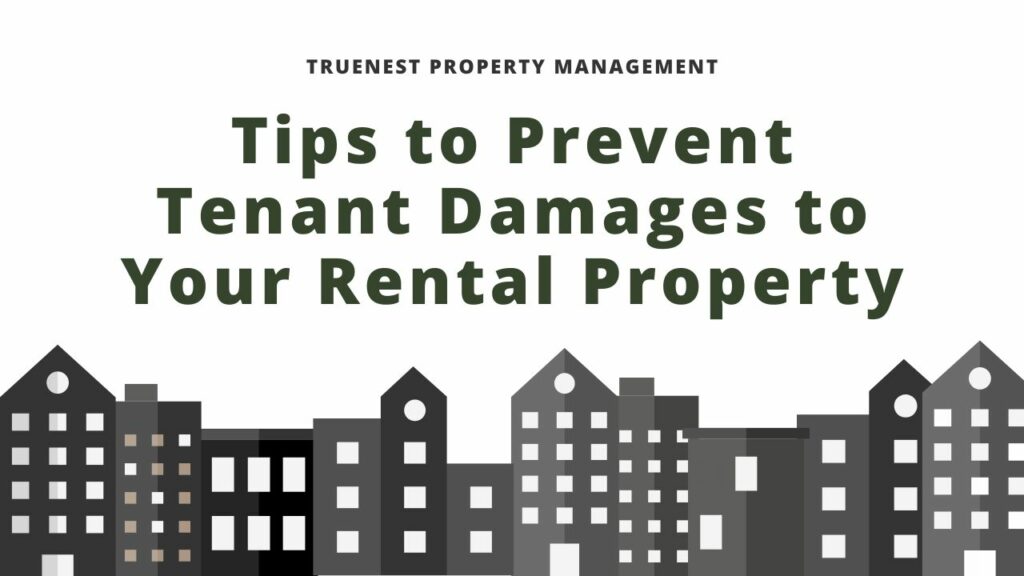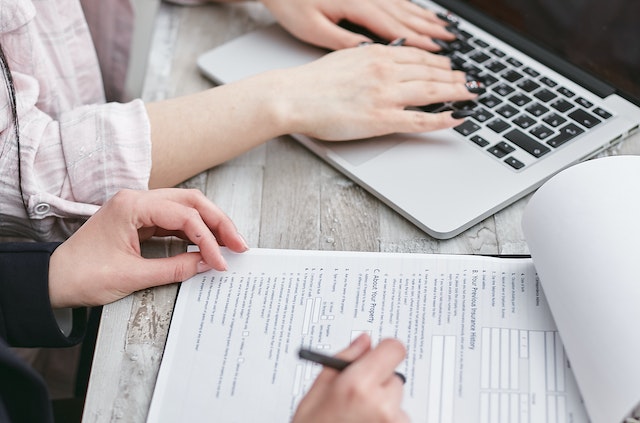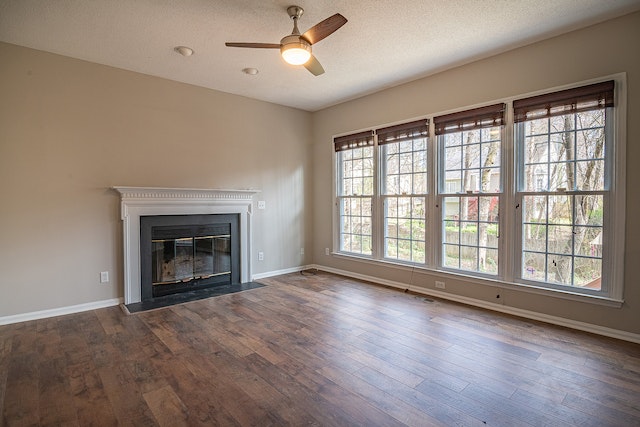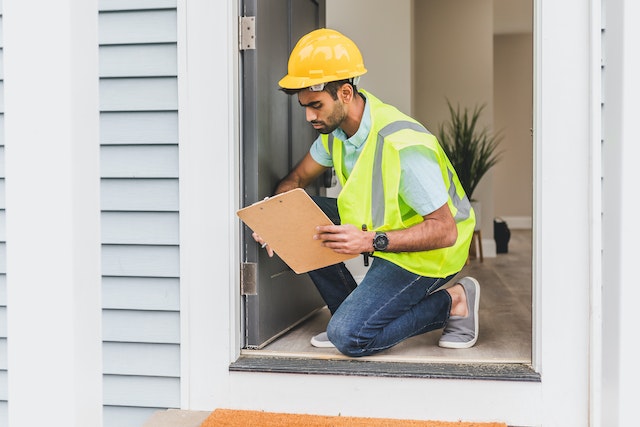Tips to Prevent Tenant Damages to Your Rental Property

While managing a rental property usually means having to deal with damages caused by tenants, landlords can still maintain some control over these kinds of situations.
Here are a few things you can do to minimize the risk of tenant damage:
Craft a Solid Tenant Screening Procedure
Having a reliable tenant screening system can help you reduce the possibility of taking in problematic tenants. Make sure to review the prospective renter’s background. Reach out to former landlords and inquire about the renter’s behavior. Did they leave the rental unit in an appropriate state?
If the potential tenant was guilty of contributing to property damage, learn if the candidate took steps to fix the situation. If not, you may want to avoid a resident who doesn’t take responsibility for their actions.
Make sure to also assess the tenants’ credit history and verify their employment and income. Check if they have a clean criminal record or have been evicted in the past.
Draw up a Complete Leasing Agreement
A solid lease or rental agreement can protect you from potential conflicts with the occupants of your rental property. Since the terms and conditions stated in the document are clear and specific, it limits the risks you encounter. You can mention practices that residents should refrain from engaging in while staying in your rental place.

Prohibited behaviors, such as smoking, cultivating certain houseplants, or not reporting property issues, can be outlined in the rental contract to minimize property damage. Before signing the lease, renters must be aware of their obligation to perform property maintenance to avoid disputes.
Perform Routine Inspections of Your Rental
Since every landlord has a responsibility to provide a habitable living space for their renters, it’s important to conduct frequent property inspections as part of the rental upkeep.
This practice benefits landlords; if property damage is detected early, they can arrange for repairs before it becomes a bigger problem, keeping the cost minimal.
It also helps landlords uphold the building, health, and safety codes they’re expected to comply with. Further, they can evaluate the property’s condition and employ methods to add more value and attract long-term renters.
It’s recommended to inspect the rental home’s access point, namely doors and windows. Any inspection should also include the essential home systems, like cooling and heating systems, plumbing, and electrical. Landlords must also be vigilant about checking leaks, removing gutter build-up, and maintaining the curb appeal.
Make Property Vacancies a Top Priority
Vacancies are a risk for any rental business, as it may signify a loss of income. Your property is also at risk for burglars, vandals, and potential squatters.

Protect your rental space by taking these steps:
- Visit your vacant rental unit often and thoroughly check for trespassers.
- Secure your main front doors and windows. You can also monitor remotely by setting up a security system with an effective alarm.
- Request neighbors to notify you of incidents that occur in your rental.
- Check if your insurance provides coverage for vacant rental spaces.
Plan Property Renovations Thoroughly
Upgrading your rental unit is vital to gain an edge over your competitors. Check what your target market needs and make that your foundation. When deciding to improve your unit, consider the longevity of the materials. Make sure to purchase durable items so they can withstand wear and tear for a long time, and be careful about overinvesting.
Nurture Your Tenant Relations
Since managing a property requires constant interaction with people, it’s important to learn how to create a happy environment for renters and establish a strong professional relationship with them. Becoming a good landlord requires listening to renters and resolving property issues. When you address concerns promptly, tenants are bound to be loyal.
Respect the privacy of the renters and understand that they have a right to quiet enjoyment of the rented space. If you need to perform property inspections, make sure to provide proper notice. Check the Florida laws on the appropriate notice period. A 24-hour notification is usually sufficient.
Pay Attention to Long-Term Renters

No matter how long a tenant has stayed, you still need to inspect the unit to spot potential property issues. It’s more likely that property damage exists when the unit’s been occupied for a long time.
You should also prioritize property repairs and avoid delaying them. The longer it takes for a landlord to fix property issues, the higher the chance of tenant turnovers.
Require a Security Deposit from Tenants
One of the best solutions to minimizing property damage is asking for a security deposit. Residents will want to get back the deposit and will do everything possible to keep the unit in excellent shape.
Make sure to familiarize yourself with Florida’s security deposit laws to remain compliant and avoid potential legal issues.
Bottom Line
Following these tips can help deter tenants from committing property damage out of recklessness, abuse, or neglect. If you don’t have time to attend to all your real estate investments, you can always hire a reliable property manager like TrueNest Property Management to oversee the details. Contact us today for more information!
